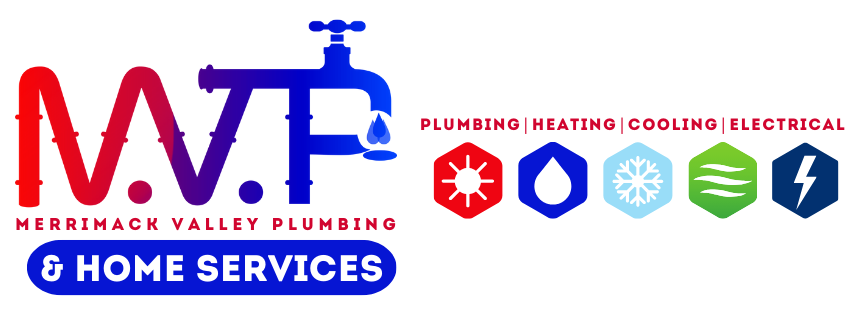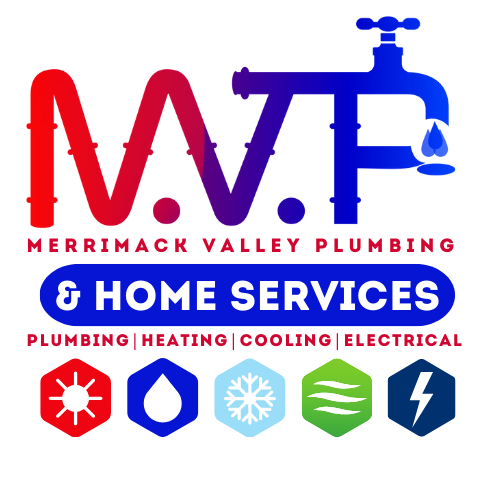The Importance of Home Electrical Inspections
Your home's electrical system is the unseen backbone that powers your daily life, from lighting up rooms to running appliances and charging devices. However, like any other system, electrical systems can degrade over time, leading to potential safety hazards and performance issues. That's why regular home electrical inspections are crucial for ensuring the safety, efficiency, and reliability of your home's electrical infrastructure.
In this comprehensive guide, we'll explore the importance of home electrical inspections, what they entail, and how they can safeguard your home and family.
Understanding Home Electrical Inspections
What is a Home Electrical Inspection?
A home electrical inspection is a thorough examination of your home's electrical system conducted by a qualified electrician or inspector. The purpose of the inspection is to assess the condition of electrical components, identify potential hazards or code violations, and ensure compliance with safety standards and regulations.
When Should You Schedule an Inspection?
It's recommended that a home electrical inspection for residential properties be scheduled at least once every decade. However, additional inspections may be necessary if you're experiencing electrical issues, planning a major renovation or addition, or purchasing a new home. Older homes with outdated wiring and areas prone to extreme weather or environmental conditions may require more frequent inspections.
Importance of Home Electrical Inspections
Ensuring Electrical Safety
The primary reason for conducting a home electrical inspection is to ensure the safety of your home and its occupants. Electrical hazards such as faulty wiring, overloaded circuits, and outdated components can increase the risk of electrical fires, shocks, and injuries. By proactively identifying and addressing potential safety issues, you can mitigate risks and create a safer living environment for your family.
Preventing Electrical Fires
Electrical fires are a leading cause of residential fires, resulting in property damage, injuries, and even fatalities. Many electrical fires are preventable and can be attributed to issues such as faulty wiring, overloaded circuits, and improper installation. A thorough electrical inspection can identify fire hazards and corrective actions needed to reduce the risk of electrical fires and protect your home and belongings.
Ensuring Code Compliance
Electrical codes and regulations are established to ensure the safe installation and operation of electrical systems in residential and commercial properties. During a home electrical inspection, the electrician will assess whether your electrical system complies with current code requirements. Corrective measures will be recommended to bring your home up to code and ensure compliance with safety standards if any code violations are identified.
Identifying Electrical Deficiencies
Over time, electrical components such as wiring, outlets, switches, and circuit breakers can deteriorate due to wear and tear, aging, or environmental factors. A home electrical inspection can identify deficiencies such as loose connections, frayed wiring, corroded components, and inadequate grounding. Addressing these deficiencies promptly can prevent further damage, improve system performance, and extend the lifespan of your electrical system.
Improving Energy Efficiency
Inefficient electrical systems can waste energy and drive up utility costs. During a home electrical inspection, the electrician will assess the energy efficiency of your electrical system and identify opportunities for improvement. This may include upgrading to energy-efficient lighting, installing programmable thermostats, or replacing outdated appliances. By optimizing energy usage, you can reduce your carbon footprint and save money on utility bills.
What to Expect During a Home Electrical Inspection
Visual Inspection
The electrician will meticulously conduct a thorough visual inspection of your home's electrical system to ensure safety and efficiency. This examination includes a detailed assessment of critical components such as electrical panels, wiring, outlets, switches, and fixtures. They will carefully inspect for any signs of damage, wear, or deterioration, aiming to identify and resolve any potential issues before they escalate.
Testing and Measurements
The electrician will utilize an array of specialized tools and high-tech equipment to examine and evaluate the functionality and performance of various electrical components. This includes conducting detailed assessments such as voltage measurements, current flow analysis, resistance checks, and continuity measurements to ensure the optimal operation and safety of the electrical systems.
Code Compliance Check
The electrician will verify whether your electrical system meets current code requirements and identify any code violations or deficiencies that need to be addressed.
Recommendations and Report
After completing the inspection, the electrician will give you a meticulous report outlining their findings, suggested corrective actions, and recommendations. They will also discuss any safety concerns or potential hazards discovered during the inspection.
A home electrical inspection is a critical investment in the safety, efficiency, and reliability of your home's electrical system. By identifying potential hazards, ensuring code compliance, and addressing deficiencies proactively, you can create a safer living environment for your family and protect your home from electrical fires and other hazards. Whether you're buying a new home, experiencing electrical issues, or simply want peace of mind, scheduling a home electrical inspection is a proactive step toward safeguarding your home and loved ones.
Don't wait until it's too late—prioritize electrical safety and contact us today for a comprehensive home electrical inspection.






